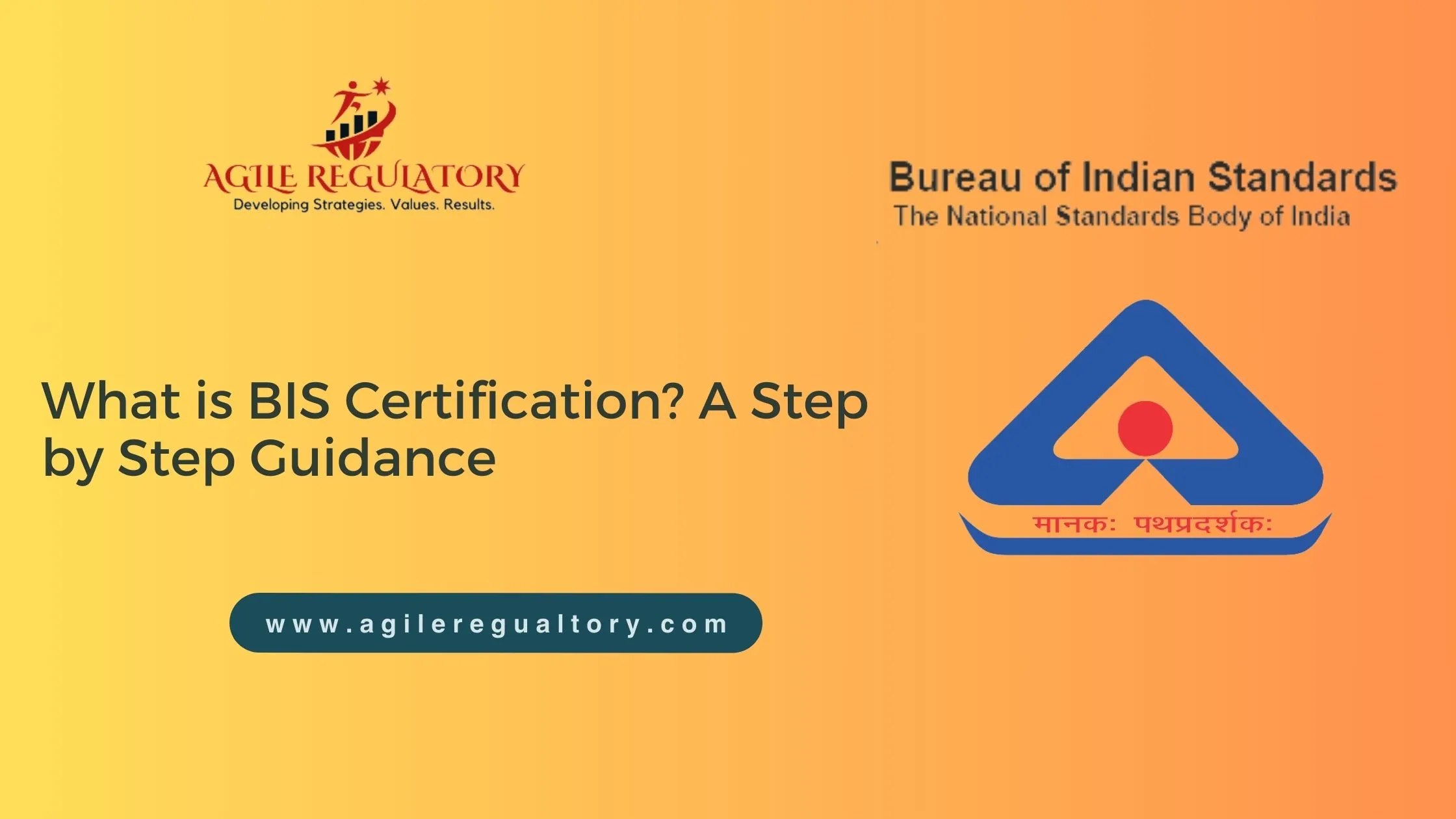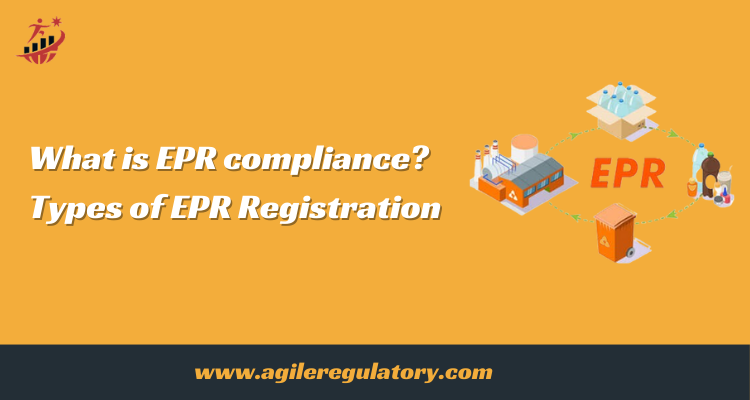
What is BIS Certification?

Overview of BIS Certification
BIS stands for Bureau of Indian Standards is a quality certification body in ensuring the quality, reliability, and safety of many products in India through the BIS certification process. The Bureau of Indian Standards is the Indian organization that issues BIS certification. Having BIS certification guarantees buyers that the product they are buying is qualified, and safe for use. BIS is also engaged in activities like formulating quality standards, product testing, hallmarking, calibration schemes, and product certification.
BIS Certification is an optional process. However, taking public health into consideration, the Indian government has made it required for some products. According to the official government announcement, 380 products must be purchased in order to receive the BIS certification. Using the ISI mark, often known as the "standard mark," on their products is permitted for license holders with a BIS certification. Products with the Indian Standards Institution (ISI) seal are of high quality.
What is BIS (Bureau of Indian Standards)?
Bureau of Indian Standards, the nation of India's national standards institution, is governed by the Ministry of Consumer Affairs, Food, and Public Distribution. In order to maintain the standards for products, services, systems, and practices, BIS was founded in 1987. BIS certification of a product is proof of its high quality, high reliability, and safety as per Indian standards created by BIS.
What is the Purpose of BIS Certification?
BIS Certification is generally used to check that products are being marketed on the Indian market and that they fulfill the necessary quality and safety requirements. The main objective of BIS is to safeguard consumers against fake and potentially hazardous items. BIS is giving measurable and apparent advantages to the national economy by offering high-quality, dependable, safe products, minimizing consumer health risks, promoting import and export alternatives, limiting variety proliferation, etc.
What are the different types of BIS?
 BIS CRS (Compulsory Registration Scheme)
BIS CRS (Compulsory Registration Scheme)
 BIS ISI (Indian Standard Institutions) Mark Certification
BIS ISI (Indian Standard Institutions) Mark Certification
 BIS FMCS (Foreign Manufacturing Certification Scheme)
BIS FMCS (Foreign Manufacturing Certification Scheme)
 Hallmark Certification
Hallmark Certification
 Recognition of Assaying & Hallmarking Centre
Recognition of Assaying & Hallmarking Centre
 ECO Mark Certification
ECO Mark Certification
 Laboratory Recognition Scheme
Laboratory Recognition Scheme
What are the Major Benefits of BIS Certification?
Consumer Protection: BIS Certification guarantees that the products are safe to use and adhere to quality benchmarks, reducing the risk of harm to consumers.
Quality Assurance: A BIS-certified product has to go through various testing and inspections, ensuring that it meets established quality standards, ultimately leading to improved product quality.
Full Indian Market Access: BIS Certification is often mandatory for certain products to enter the Indian market. Compliance with the BIS Certificate ensures that only the compliant products are available for consumers in India.
Global Recognition: BIS certification enhances the credibility of Indian products in the international market, developing global trade and economic growth
Documentation Required for BIS Certification?
 Copy of PAN Card & Aadhar Card of the authorized person
Copy of PAN Card & Aadhar Card of the authorized person
 Electricity Bill of the firm
Electricity Bill of the firm
 Copy of GST certificate
Copy of GST certificate
 Certificate of incorporation, in case if company is registered with MCA
Certificate of incorporation, in case if company is registered with MCA
 Proof of property of premises
Proof of property of premises
 Layout plan of the factory
Layout plan of the factory
 Detailed list of machinery involved
Detailed list of machinery involved
 Product specification
Product specification
 Manufacturing flow process
Manufacturing flow process
 Location of the factory
Location of the factory
 List of testing equipment and facilities
List of testing equipment and facilities
 Calibration certification of testing equipment
Calibration certification of testing equipment
 List of raw materials along with test reports
List of raw materials along with test reports
 Import Export Code (IEC) in case of Importer
Import Export Code (IEC) in case of Importer
 KYC of AIR (Authorized Indian Representative)
KYC of AIR (Authorized Indian Representative)
 Contact no. & e-mail ID of the applicant person
Contact no. & e-mail ID of the applicant person
 Copy of trademark registration certificate, if registered
Copy of trademark registration certificate, if registered
 Copy of Brand Registration License
Copy of Brand Registration License
BIS Certification Process
The BIS certification process involves many steps:
Step 1: Selection of Applicable Standard: An applicant needs to verify the applicable standards through the bis portal https://www.bis.gov.in/.
Step 2: Portal Registration: Manufacturers or importers need to apply for certification with BIS with the BIS portal Manak online portal.
Step 3: Product Testing: Sample products are tested in BIS-approved laboratories to assess conformity with relevant standards.
Step 4: Onsite Inspection: BIS inspectors visit the manufacturing facility to verify production processes and quality parameters.
Step 5: Review of the Application: A reviewing officer must be allocated by BIS to verify all the submitted documents, formats and details through the BIS portal.
Step 6: Granting of Certificate: If the product passes all tests and inspections, BIS certification is granted, and the product can carry the BIS mark.
Kindly Note: Regular surveillance is conducted to ensure ongoing adherence to standards.
Impact of BIS on Industries and Consumers
BIS have a profound impact on both industries and consumers:
Impact on Industries:
1. Quality Improvement: Industries are pushed to maintain high-quality production processes and enhance the quality of their products.
2. Competitive Edge: Certified products gain a competitive advantage due to the assurance of quality and safety.
3. Innovation: Manufacturers are encouraged to innovate and upgrade their technology standards.
Impact on Consumers:
1. Safety: People can trust that the BIS-certified products are safe and the quality is good for use, reducing health and safety risks.
2. Reliability: BIS certification ensures that products perform as expected, increasing consumer satisfaction
3. Value for Money: Certified products provide better value for money as they meet established quality benchmarks.
Conclusion
BIS Certification is mandatory in India in order to ensure that products sold in the Indian market follow the quality and safety standards of the products. BIS Standard Mark is like a bridge between industries and consumers which builds trust, safety, and fair trade practices or businesses. BIS leads to ensure a healthy, safe, and reliable marketplace, which is beneficial for both manufacturers and end consumers. At Agile Regulatory we offer end-to-end support and deliver the project within the timeframe with the coordination of experienced engineers.
#checkout a detailed process: BIS Registration
Leave a Reply
Your email address will not be published. Required fields are marked *










